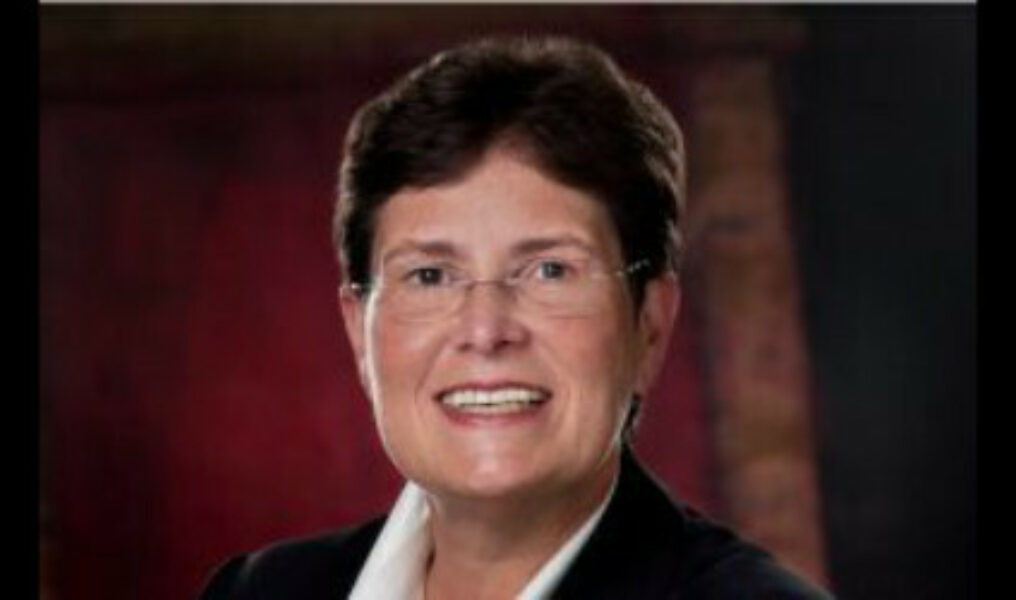Along with three other awardees, Dr. Arianna T. Morales was highlighted for exemplary work by the National Organization of Gay and Lesbian Scientists and Technical Professionals Inc. As a result of her recognition, Michigan-based Morales received a 2019 LGBTQ+ Engineer of the Year Award for her work as a staff research scientist with General Motors.
Originally hailing from Venezuela, Morales moved to the U.S. to continue her education via graduate school and soon after graduation earned a position at GM, eventually being named as an inventor in more than 24 patents throughout her time there. Though now openly LGBTQ at work, when she first earned her position that was far from a possibility.
In response to the news of Morales' award, BTL caught up with her to learn about her work, what this recognition means to her and the benefits of staying true to her identity while remaining a professional.
When did you first hear that you would be awarded Engineer of the Year?
I received a phone call in January from Rochelle "Shelley" Diamond, the chair of the NOGLSTP board of directors, to ask me to apply for this year award. Shelley knew of me from the Great Minds in STEM 2018 Conference in October 2018, where I received the 2018 GMiS Award for Outstanding Technical Contributions. I sent my information and received confirmation of the award a month later.
Receiving recognition for one's work through awards like this is often really fulfilling. Does this experience inspire you to keep innovating in your field?
Absolutely. However, the rewards of working on STEM-related innovations are really great, even without the awards. I cannot think of a more exciting and interesting work than what I do. So yes, the awards and the appreciation, and help of your colleagues are a great perk.
What are some projects that you've worked on that have brought you a lot of fulfillment?
I work in many things, basically, most of it has been in lightweight materials, that is trying to reduce the weight of cars to reduce gas consumption and emissions. In that, I've been mostly working with aluminum processing and I've worked on several projects to do with that. Right now I'm working on several projects, and it has to do with the same thing, the reduction of weight and, in this case, not only for the reduction of fuel consumption but the reduction of energy needs; the less the car weighs, the lower the energy needed to move that car.
You've mentioned that when you joined GM you felt isolated because you were not only the only woman in the research lab but the only Latina. Since coming out and joining the GM Plus LGBTQ group do you feel that you're able to be more open?
Actually, I think the more important issue was that I was the only professional woman at the time. The other two labels, gay and Latina, were secondary since nobody could see them right away. Fortunately, things have changed during the last 20 years since GM has been working on developing an internal culture based on respect and equality. Inclusion and respect are always good ways to motivate which can result in increased productivity.
How has working at GM changed since you arrived?
When I came to work at the location, it was for a very big project and there were about 100 people in this building, where I still am, but that was the location of my department. There were, of the scientists, just me and 24 other scientists and there was one other woman, but basically, that was it: two people. Two females in the whole building (laughs). I remember that in the building there were four bathrooms, and of the four bathrooms three were male and just one was female and was on the second floor. So, first of all you had to go one floor up or down, and then, there came a situation where some of the people said, 'Well, maybe we should put all of the male bathrooms in this building because there are so many men, that the two women can go to the other building' (laughs). So, there were things like that people would not do intentionally, but they were not used to dealing with women in that kind of workplace.
Having observed such a drastic change in your workplace over the years must give you a lot of perspective.
Right now, I have to tell you, the situation is so much better for women and for Latinos and for gays than it was before. And, you know, that's one of the things that we try to do, we try to work for that. Of course, when you feel better at work, for many reasons you get more productive. One of the things about inclusion is that it provides all the different ideas and perspectives about one topic, that for example, you wouldn't have if there were in a group five people that were exactly the same. [In a group of the] same five straight male people from Ferndale, for example, it wouldn't be easy to have another type of concept or addition like if you had many different types of people from different backgrounds in that group. That's what inclusion has given us.
Editor's Note: This Q&A is a compilation of both phone and email interview questions and has been edited for length and clarity.
To learn more about Morales' contributions to her company and about NOGLSTP's award, go online tonoglstp.org.










